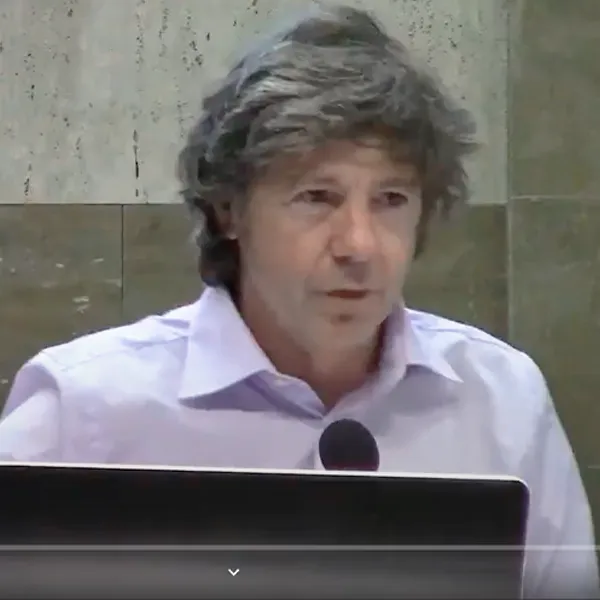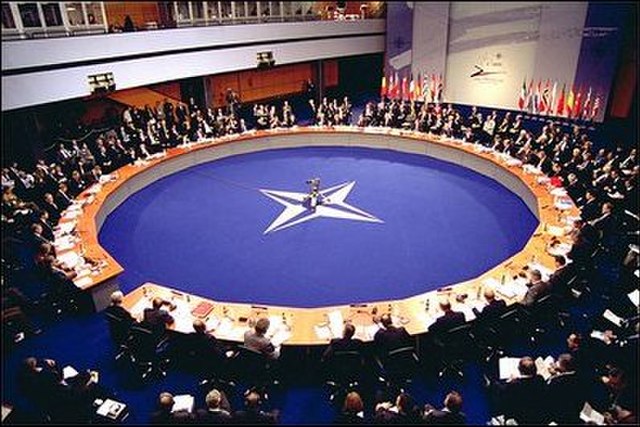Some may notice how the latest agreement signed by Pashinyan, Aliyev and Putin has finally ended the brutal and cruel Nagorno-Karabakh War. Others may add that today’s scenario offers a glimpse of an end to a meaningless ethnic dispute with a reasonable compromise. Yet someone else may keep at bay messages of solidarity for either Armenia or Azerbaijan in an attempt to disrupt the newly achieved status quo.
More likely, all of these knowingly overlook an extremely bitter reality.
Undoubtedly, war has never been an option. Very few leftist voices from Armenia and Azerbaijan have tried to raise a message of peace, often referring to a futile status quo in the last three decades. At present, despite the overwhelming sense of despair among Armenians and the eruption of joy and national enthusiasm among Azerbaijanis, neither of the two sides have really won or forever lost the 2020 Nagorno-Karabakh War. At least for the next 5 years to come, the region will more likely depend on the Russian “peacekeeping” voice and Turkey-backed diplomacy and position in support of Azerbaijan’s upper hand. The war has definitely paved the way to the throwback of Russia and Turkey’s imperial aspiration and potential domination. Armenia knows well that Russia’s intervention is the smallest price to pay for saving what is left of the formerly Armenian-controlled region. Azerbaijan is largely aware that the support of Turkey has been paramount in achieving its military success.
So far, internationalist leftist voices are missing. Dystopian and puzzling as it currently is, 2020 has given endless opportunities to the internationalist left to become a worldwide and dominant discourse. The Nagorno-Karabakh conflict, however, did not raise criticism or activism in comparison with the Black Lives Matter movement in the US, Chile’s rejection of Pinochet’s constitution, mass-scale protests of Bulgarians and Belarussians against corruption and oligarchism, the fight of Polish people for their fundamental reproductive rights, among others. Unlike these examples, the much-debated political controversies of Nagorno-Karabakh and the South Caucasus have found the internationalist leftists deaf. The struggle of solidifying these particular claims into a universal message has failed, accordingly. Perhaps too afraid of taking a partisan position in a rather ethnic-driven rivalry; too knotted to elaborate a critical leftist analysis that should have stood for the Armenian self-determination; a too “white issue” against which an intersectional perspective was impossible to explore; a too ethnocentric and Christian-oriented struggle to stand for.
If we look at the Left, we cannot but be surprised by this silent position, regrettably. Nor is it something new for the internationalist Left. It was a subject of contestation by Slavoj Žižek, who critically noticed how the struggle for self-determination by Kurds, who had quickly built a society that no leftist cannot recognise as an actually-existing and well-functioning utopia, was even criticised for an unclear position toward the US. Likewise, Armenians had built such utopia in Nagorno-Karabakh, too.
Anew, the Left mistakenly kept silent on Nagorno-Karabakh.
However, it was Antonio Gramsci back in 1915 who began to campaign for the “Armenian cause” with his contribution to “Il Grido del Popolo”, a Turin-based newspaper of strong Communist ideas. He spoke up and let Europe know about the 1915 Genocide and the struggle for self-determination and survival of Armenians in Anatolia and in the Caucasus, prior to Adolf Hitler, who rhetorically asked: “Who, after all, speaks today of the annihilation of the Armenians?” in his very well-known Obersalzberg Speech in 1939.
Today, it is this international Left witnessing, most probably, not only the end of the Nagorno-Karabakh War, but is also experiencing forgetfulness of the legacy of the Karabakh Movement. The latter was primarily anything but military, nor anti-Azeri nor anti-Turkic. It was a mass-scale and spontaneous movement of ordinary Armenians who became visible only in the late 1980s despite the fact that their political campaigns had begun during the 1950s under the impenetrable parapet of the Soviet Union. It was a period when Vladimir Lenin’s powerful tool of self-determination of the existence of nations was rhetorically used by Latvians and their Atmoda. Namely “The Awakening”, a newspaper raising awareness about the struggle for independence from the Soviet Union.
Here, however, misunderstanding must be avoided at all cost. We must bear in mind that self-determination cannot dismiss the human rights of thousands of displaced Azeris who were targeted during the 1992-94 war, later brutally expelled by Armenians, and afterward became a political instrument in the hands of Aliyev. Their right to return home is inalienable. Nor can it be accepted the Armenian narrative of enmity and intolerance. After all, both populations have been trapped in between, and brainwashed by political élites and their political strategies.
At this stage, Aliyev’s family dictatorship has accepted Turkey’s influence more than it did in the past. Welcomed by the largest majority of Azerbaijanis, the military victory has nevertheless impeded Azerbaijan from retaking control of all “occupied territories”. Aliyev has accepted, quite peacefully, the red line of Russian peacekeepers, who were accused of being the instrument of Armenia to internationalise the conflict. Armenians themselves need to digest a military defeat by seriously rethinking their future in the region and working to prepare for a coexistence with Azerbaijanis.
Defeat or victory, winners or losers, Qarabaq or Artsakh, Azerbaijan or Armenia, are not the perspectives to question. The next five years to come will be crucial for reshaping the vocabulary of interethnic incompatibility into a grassroots, hopefully international, campaign against elites-driven narratives and their vested interests. Reconciliation through self-determination is key to disclosing and becoming hegemonic throughout. This is a call call for self-determination of Armenians’ Karabakh Movement against their oppressors, where the self-determination of Azeri people can also find its legitimate space, into a transnational and democratic Republic of Nagorno-Karabakh away from Aliyev’s dictatorship and the Yerevan-based “Karabakh Clan”, squarely in opposition to Turkey and Russia’s colonizing plans.
Photo: “We Are Our Mountains”, completed in 1967 in North Stepanakert, is a monument that symbolises the Armenian heritage in the region (source: Francesco Trupia)
The Barricade is an independent platform, which is supported financially by its readers. Become one of them! If you have enjoyed reading this article, support The Barricade’s existence! We need you! See how you can help – here!
Warning: Undefined array key "layout_mood" in /home/klient.dhosting.pl/bcdmedia/thebarricade.online/public_html/wp-content/themes/viewtube/header.php on line 116









